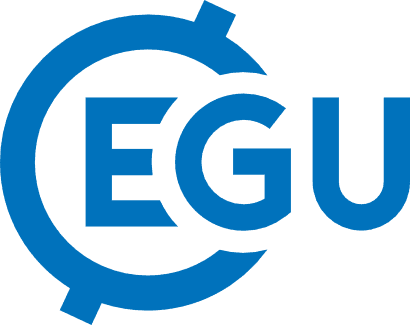Keynote speakers
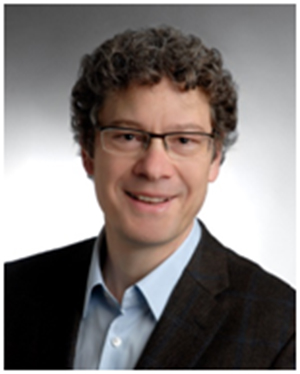
Thomas D. Bucheli
heads the research group “Environmental Analytics” at Agroscope, the Swiss centre of excellence for agricultural research, where he investigates the occurrence, fate and behaviour of organic chemicals in the agro-environment. His current focus is on natural toxins, pesticides, polycyclic aromatic hydrocarbons, soot, carbon nanotubes, biochar, plastics, and related sorption and bioavailability studies. He is also affiliated with the Swiss Federal Institute of Technology, where he acts as a lecturer since 2013. He serves as a national delegate to the European Chemical Society’s Division Chemistry and the Environment and as an Editor of the Springer Journal Environmental Science and Pollution Research.
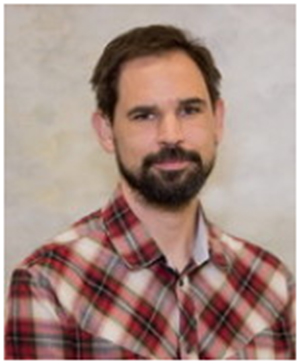
Boris Đurđević
Đurđević is an employee of the Faculty of Agrobiotechnical Sciences Osijek and works at Central Agrobiotechnical Analytical Unit. Since 2023, he has held the position of Head of the Unit for the Determination of Phenotypic and Production Characteristics. In 2010 he presented his doctoral thesis and acquired the academic degree of PhD in the scientific field of biotechnical sciences, and from 2022 he was elected to the academic rank of Full professor. His scientific field of work is plant nutrition, fertilization, sustainable soil management and the application of geostatistical methods in agriculture. His most significant scientific research achievements are in the field of sustainable soil management, researching the influence of different soil conditioners on its quality and in the field of geostatistics, researching spatial analysis of soil chemical properties and their impact on soil suitability for crops.

David Fangueiro
is Assistant Professor at the Instituto Superior de Agronomia da Universidade de Lisboa (Portugal). Master in Analytical Chemistry from the Institut Superieur Agronomique-Paris-Grignon (France) and PhD in Chemistry from the University of Aveiro and from the Institut Superieur Agronomique-Paris-Grignon (France). He is a specialist in management and agronomic valorisation of animal manure with a special emphasis on reducing environmental impacts (gaseous emissions and water contamination) and co-coordinator of the European Network RAMIRAN “Research Network on Recycling of Agricultural and Industrial Residues in Agriculture” and coordinator of the Research group Resource Management & Landscape Architecture of LEAF centre. Its main areas of activity are manure treatment by solid-liquid separation and acidification, assessment of nutrient losses after manure application to soil (emissions of greenhouse gases and ammonia, nitrate leaching ...), assessment of the nutrient balance and carbon footprint in dairy farms. He is the author of more than 80 publications in international peer-review journals and he is currently involved in several research projects including the EU projects NUTRI2CYCYLE, FERTICYCLE and WASTELESS.
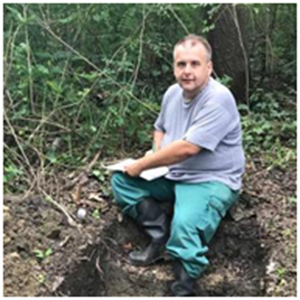
Zoran A. Galić
is a Scientific counselor working in University of Novi Sad Institute of Lowland Forestry and Environment. Since 1996 he is working in Institute of Lowland Forestry and Environment (Novi Sad, Serbia) on soil science and forest ecology, managing and implementing research projects and environmental studies. He has participated (as national coordinator/scientific responsible or member of scientific teams) in several national and international projects (e.g. national - forest plantations, natural ecosystems, biodiversity assessment; European - COST Actions, IPA Interreg, FP7, Horizon) related to forestry, natural environment and rural development. He has published (in international and national scientific journals and conferences many research papers (>300) on soil science and forest ecology.

Dipl. Ing. Helmut Gerber
is one of three Managing Directors of PYREG GmbH, which he founded in 2009 as a spin-off from the Technical University of Bingen. He is responsible for development, plant engineering and renewable energies at the international plant manufacturer. He graduated 1999 in mechanical engineering, and since than till year 2010 he has been involved in research projects: Gasification, pyrolysis and Biochar at TH-Bingen, Germany. Year 2004 first time operation of Biochar production prototype on sewage sludge, and 2009 spin off foundation of PYREG GmbH, development and production of Biochar production equipment (2024: 100 employees). 2019 he became a co-founder of European Biochar Industry Consortium.
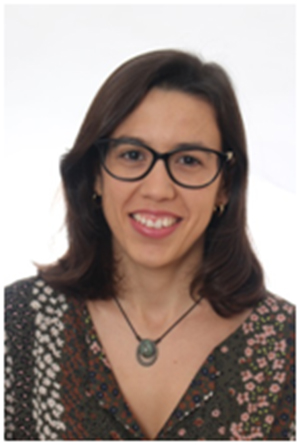
Marina Paneque
received her graduate degree in Biology at Seville University (Spain) Her PhD, developed at the Spanish National Research Council, focused on the biochemical characterization of hydrochars and pyrochars derived from sewage sludge, and their potential as nitrogen and phosphorus slow-release fertilizers and as soil amendment in agriculture. Afterwards, Marina performed a 2-year postdoctoral stay at Umeå University, Sweden, where she started to learn about soil organic P characterization by using 31P liquid-state NMR. She has been working at the Agricultural Faculty of Seville University since 2023, as part of a group focused on soil fertility.
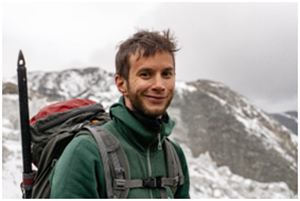
Gabriel Sigmund
is an Assistant Professor in the micropollutant Group at ETE. Gabriel´s research aims to better understand and predict contaminant sorption and mobility in engineered- (e.g. sorbent filled reactors), as well as natural environments (e.g. soil passage), and to use those insights to improve risk assessment for organic compounds as well as the environmental footprint and performance of water treatment technologies. His work often involves carbonaceous materials and related nature based sorbents. Ongoing research focuses on (i) biochar and wood-based activated carbon for sustainable contaminant removal from water and in the soil passage, (ii) mobility of ionic and ionizable organic contaminants, which is critical for assessing the emerging contaminant class of persistent mobile and toxic (PMT) substances, (iii) the science-policy interface on chemical pollution, and (iv) post fire effects on contaminant dynamics.
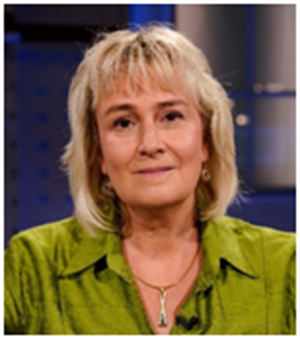
Claudia Kammann
studied Biology in Bayreuth and Kiel, and graduated in Biology (diploma) at Christian-Albrechts-University Kiel (Germany) in 1995. In 2021, she received her PhD at Justus-Liebig-University Gießen, Germany, where she worked on the biogeochemical effects of rising atmospheric CO2 concentrations on greenhouse gas fluxes between agricultural soils and the atmosphere. The finding that eCO2 fuels higher emissions of the potent GHGs nitrous oxide and methane led to her foray into biochar Research as a climate-change adaptation and mitigation strategy for agricultural soils. In 2014, Kammann took on her professorship for climate change research for special crops at Geisenheim University, Germany. She is co-heads the department of Applied Ecology where she and her team pursue biogeochemical research questions (greenhouse gas emissions and methods), soil fauna exploration via soil acoustics, biochar CDR research (environmental effects of biochar-based fertilization; CDR synergy effects with co-application / co-pyrolysis with rock poder; use of biochar in urban tree substrates, e.g. “stockholm model”). M. Stoll and C. Kammann built the first real lab Research facility of agrivoltaics in viticulture. C. Kammann has published more than 100 peer-reviewed papers and book chapters (Scopus H-Index 51) and has, together with research partners, acquired / co-acquired about 5.4 Mio € of national and international research funding over the last 12 years. She recently served as biochar/CDR expert in two recent IPCC scoping meetings on “Carbon Dioxide Removal Technologies and Carbon Capture Utilization and Storage” (in preparation of the needed method development for CDR) held in Vienna and Copenhagen in July and October 2024, respectively.

